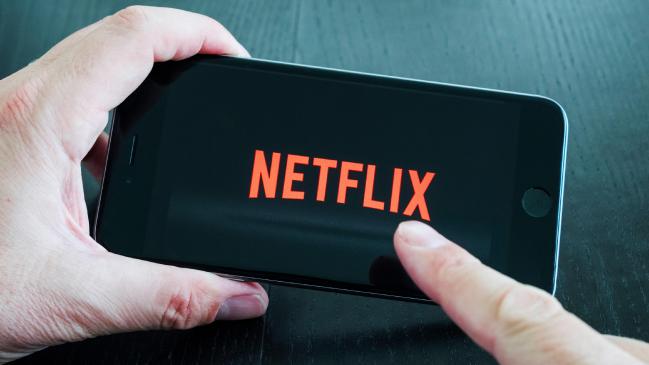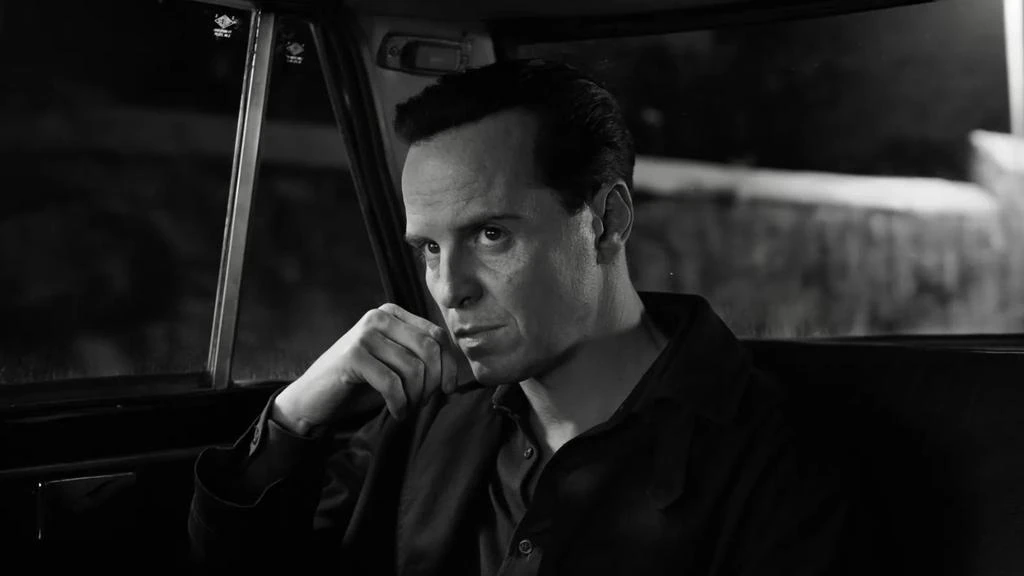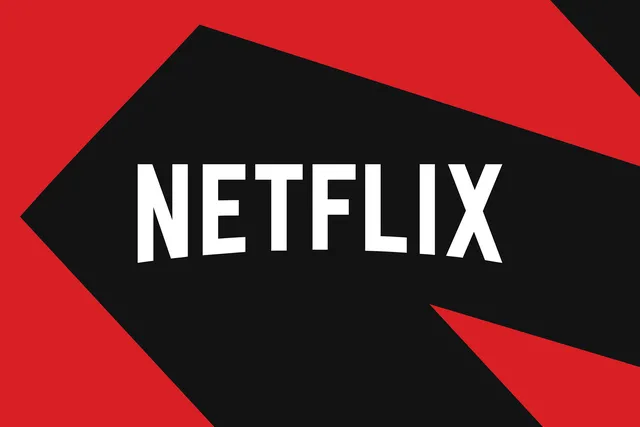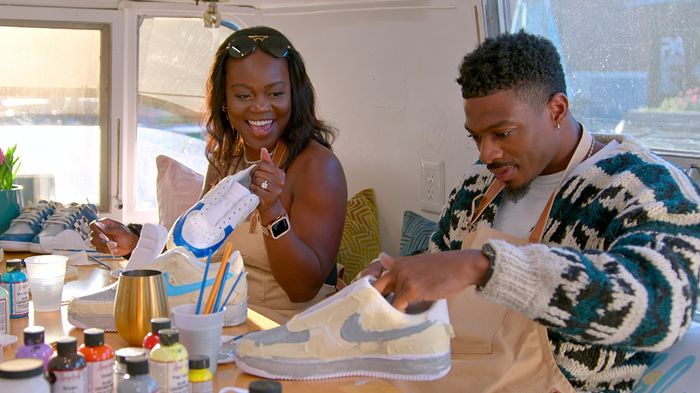This article is more than
4 year oldX-rated secret behind Netflix name

It’s hard to imagine a world where we aren’t binge-watching our favourite shows on Netflix.
But it turns out the entertainment empire almost had a totally different name – for one X-rated reason.
In his recently-released book, That Will Never Work, Netflix co-founder Marc Randolph reveals the hilarious true story about how his game-changing company really came up with the name which has now cemented itself in our lexicon.
RELATED: Netflix secret codes to unlock genres of TV shows and movies
RELATED: Netflix movies and TV shows Australians watched the most in 2019
RELATED: The 13 best Netflix movies of 2019

EARLY DAYS
In the early days – November 1997, to be precise – the company that would end up changing the way we watch television and movies forever had an office, a “semifunctional website”, prototypes and even a launch date of March 10, 1998 – but still no name.
Mr Randolph explains that start-up founders have to “allow for serendipity, for the right name to come along as you develop your service”, which means start-ups usually begin with a “beta name” or a “working title” which is used to test a site, set up email accounts and include on bank documents.
Netflix’s beta name was Kibble – a US term for dog food – which was specifically chosen on the advice of fellow entrepreneur and Netflix investor Steve Kahn, who told Mr Randolph to pick something “so bad it wouldn’t be possible to use it for real” when start-up weariness inevitably set in.
Kibble had been inspired by the old marketing saying that “it doesn’t make a difference how good the ads are if the dogs don’t eat the dog food”, and Mr Randolph was convinced it would help the team focus on the product.

DESPERATE TIMES
But as the months wore on, the team still hadn’t decided on a name – and time was running out.
Mr Randolph eventually called a team meeting with all 15 employees with the specific purpose of settling on the final name.
He wrote two lists of words on a white board, with one column relating to movies and the other the internet.
“We’d decided that the best name for our company would combine two words: one related to movies, one related to the internet. The best name would combine both terms seamlessly, with a minimum of syllables and letters,” he explained.
The workers were searching for a name which was “catchy”, that “rolls off the tongue” and was “easy to remember”, preferably with just one or two syllables with the emphasis placed on the first syllable, as is the case with Google and Facebook.
“Too many syllables, too many letters, and you run the risk of people misspelling your website. Too few letters, and you risk them forgetting the name,” he said, adding the matter was further complicated by trademarks and domains and what names were actually available.
In the end, there was a shortlist, including TakeOne, TakeTwo, SceneOne, SceneTwo, Flix.com, Fastforward, NowShowing, Directpix, Videopix, E-Flix.com, NetFlix, CinemaCenter, WebFlix, CinemaDirect and NetPix.
Mr Randolph said there were some “real gems” in the mix – but that NetFlix wasn’t one of them.
In fact, as he explained: “All of us – and I mean all of us – initially shied away from NetFlix.com. Sure, it was two syllables. And sure, it satisfied both criteria, movies and internet. But there was a lot of worry in the office about the connotations of ‘flix’.”
One employee said the name “makes me think of porno” due to the similarity with the term “skin flick” while another thought the “x” was too closely associated with adult films.
But they were just a few months out from launching, and it was crunch time.
“There was no vote, no momentous ballot-casting. We printed out that spreadsheet and stared at it. Everyone went home to sleep on it. The next day, we all agreed: We were NetFlix.com,” Mr Randolph wrote.
“It wasn’t perfect. It sounded a little porn-y. But it was the best we could do.”
In an ironic twist, while the initial team were worried the NetFlix name was too rude, it went on to become synonymously linked to sex regardless through the now-infamous “Netflix and chill” phrase.

NETFLIX MYTH
However, it’s not the only Netflix myth Mr Randolph addresses in his book.
According to legend, Netflix was born after co-founder Reed Hastings racked up a $US40 ($A58) fine thanks to one overdue videotape.
The story goes that Mr Hastings had rented a copy of Apollo 13 – the 1995 hit starring Tom Hanks and Kevin Bacon – from his local Blockbuster store.
But Mr Hastings lost the tape and was slapped with the late fee – an inconvenience so irritating he was supposedly inspired to create a new entertainment company that would do away with late fees forever and disrupt the entire movie and television business in the process.
But according to Mr Hastings, the truth is a lot more mundane than one eureka moment.
“The idea for Netflix didn’t appear in a moment of divine inspiration,” he writes in his book.
Instead, it was the result of necessity – and a process of elimination.
He explained Mr Hastings and Mr Reed were co-workers at a software company at the time which was about to merge with another firm, making them both redundant.
They decided to go into business together, and brainstormed a range of business ideas before settling on a video rental service which later evolved into the subscription model we know today.
Keywords

11/04/2024

24/01/2024
Newer articles
<p>Chinese officials say they "firmly oppose" the platform being divested.</p>
Israel Iran attack: Damage seen at air base in Isfahan
Ukraine ‘will have a chance at victory’ with new US aid, Zelenskyy says
Congress passes bill that could ban TikTok after years of false starts
Ukraine war: Kyiv uses longer-range US missiles for first time
House passes potential TikTok ban that could speed through Senate
Who will be Trump’s VP? A shortlist
How soon could US ban TikTok after Congress approved bill?
Finally, America’s Congress does right by Ukraine
‘LOSING CREDIBILITY’: Judge explodes at Trump lawyers as case heats up


